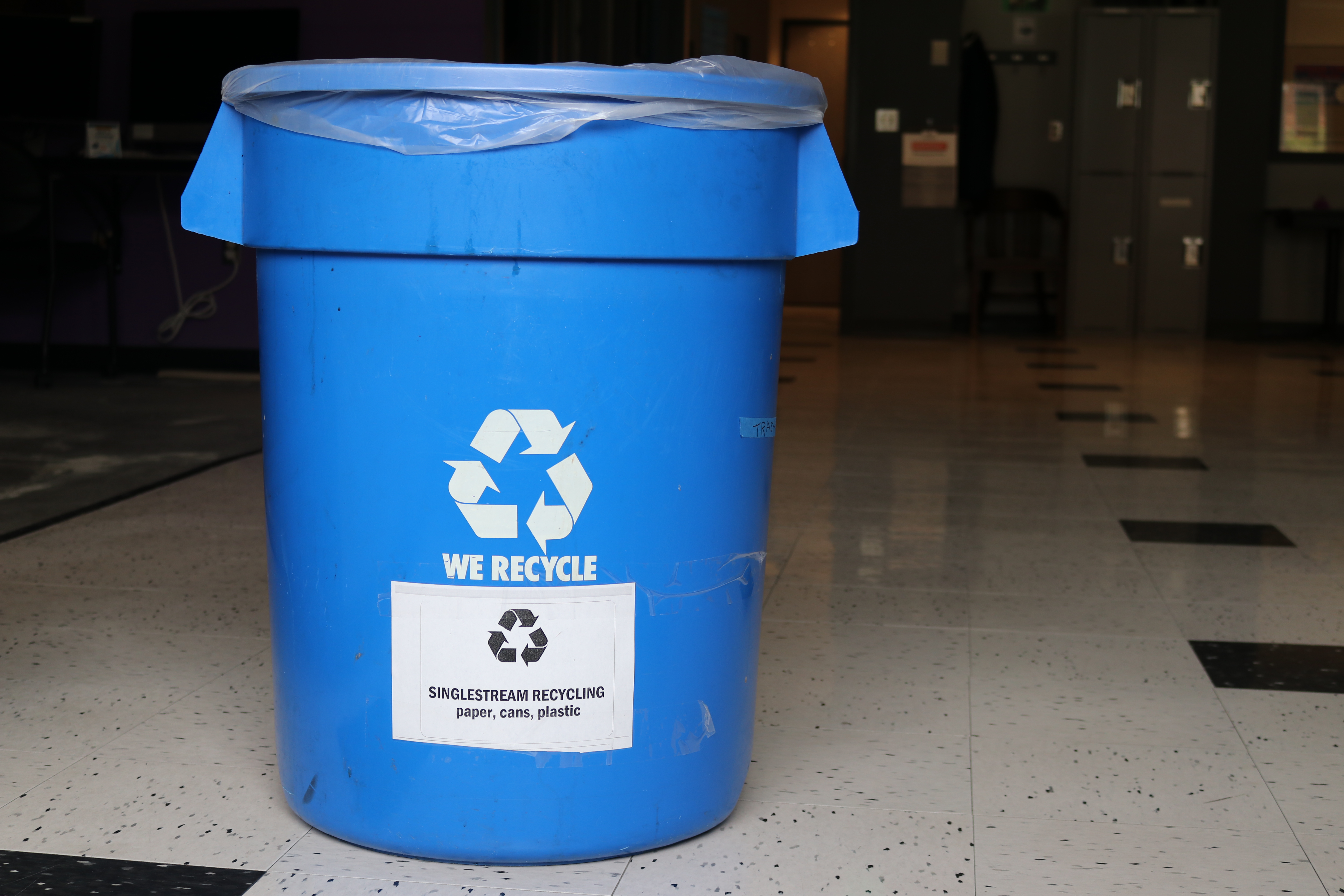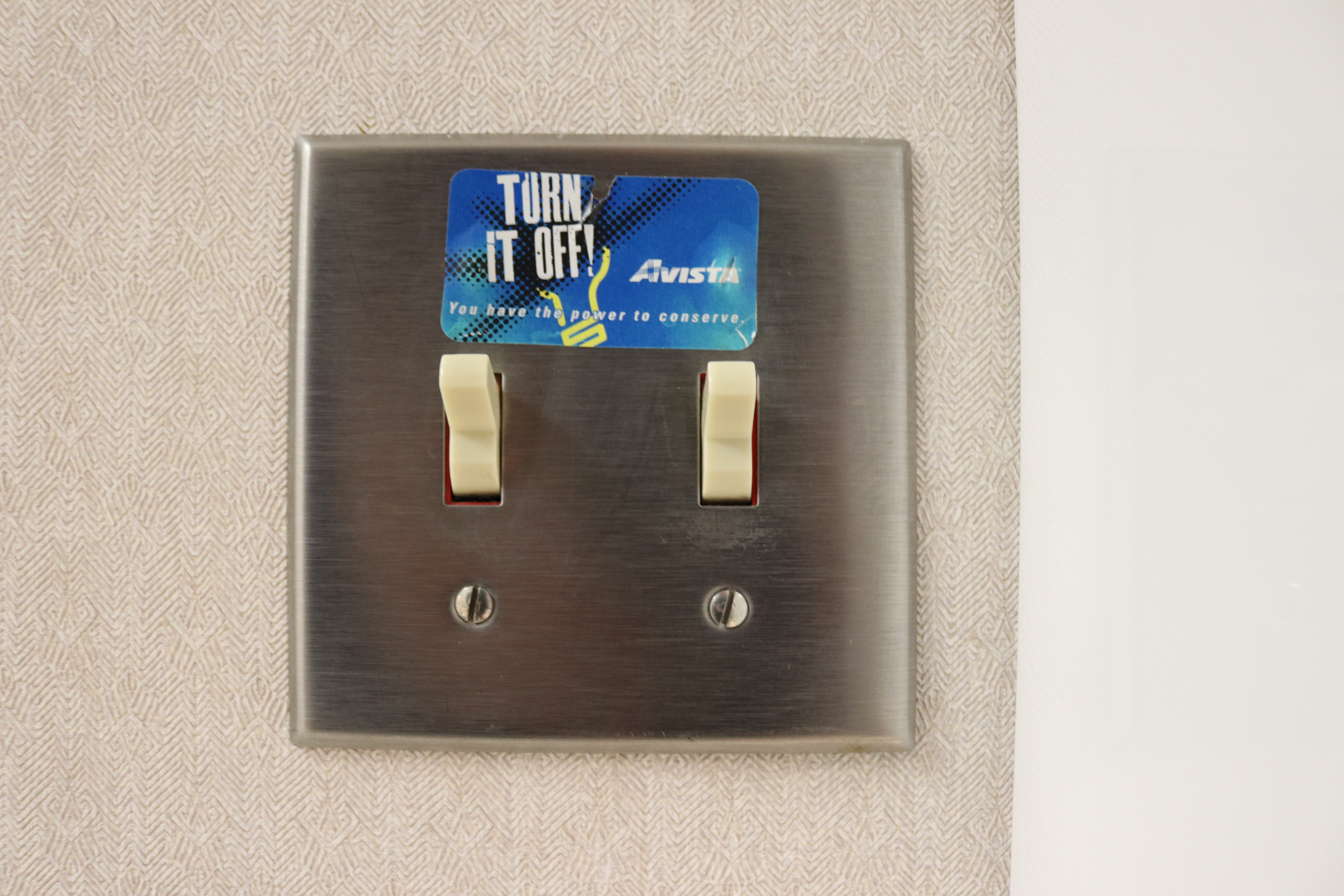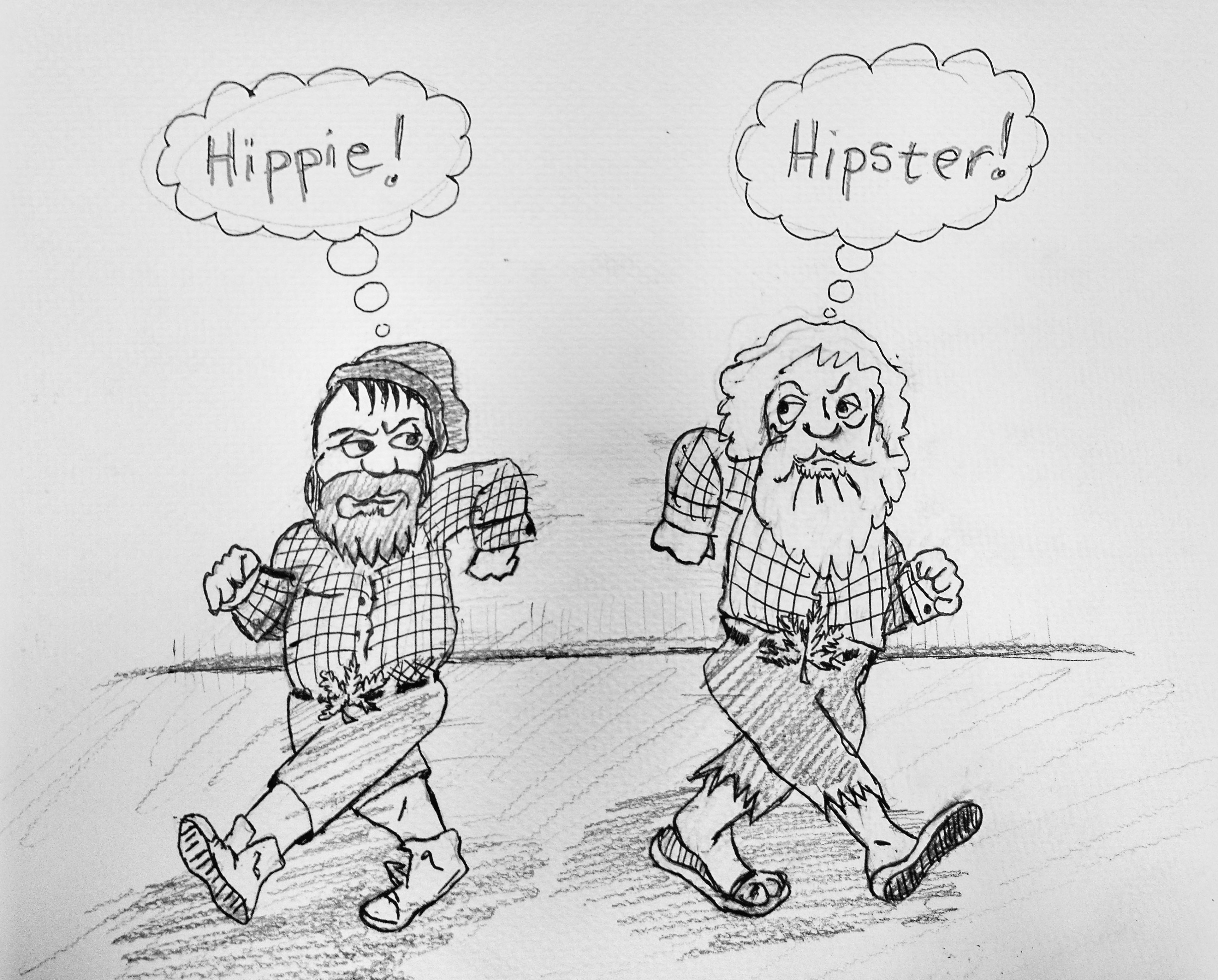Whales starving with food all around them. Masses believed to be at least the size of Texas floating in the ocean. These have a common denominator. Plastic and garbage made for and used by us. Studies say that by 2050, the amount of plastic will likely outweigh the fish in the sea.
Man-made issues such as these are becoming a concern to more and more people. A way those who are aware and worried have started to protest the results and how they came to be is Earth Day. Celebrated every year on April 22, it was started in the spring of 1970 by Senator Gaylord Nelson to “show the political leadership of the Nation that there was broad and deep support for the environmental movement”. By the end that same year, the Environmental Protection Agency was authorized by Congress to be created.
The idea of changing the planet’s future is daunting. It’s hard to know where to start. Jeffrey Henriksen, SCC’s dean of health and environmental sciences, has suggestions that are “important and simplistic”. These include turning off the lights when you leave a room or unplugging chargers when not using them. Recycling is another one. CCS has containers at SFCC and SCC to help reuse plastic and other recyclable materials. But many people throw the reusable items in the garbage instead.
“Being mindful of depositing recyclables into the correct containers is obviously an outstanding idea,” Henriksen said.
Henriksen is not the only one with tips for how to be mindful in our everyday lives. Professors at both campuses encourage students in their classrooms to find simple ways to fight for Planet Earth. Vance Youmans, a social sciences professor at SFCC, promotes purchasing reusable produce and grocery bags to replace the plastic that comes home with shoppers from the market every day. For more tips from Youmans, see the end of this article. Methea Sapp, a science professor at SCC, takes time in her oceanography class to highlights the numerous ways we can each fight for change from supporting sustainable fishing to reducing using plastic a single time or eliminating it from our lives as much as possible.
These might not seem like ways to actually change anything but when millions of people use an item it adds up quickly. If millions stop using items like straws that don’t break down and aren’t recyclable, that turns into millions of items not ending up in the ocean for birds and aquatic animals to eat or that pollute environments they call home and we call paradise.
Youman’s recommendations for a greenier lifestyle:
-LESS PLASTIC!
-Pick up litter
-Share a ride
-Consume less
-Be nice to animals and their habitats
-Do NOT use bottled water
-Plant gardens, not lawns
-Kill weeds with vinegar, not chemicals
-Be sure your vehicle is tuned up
-BREATHE DEEP – Feel that?
-Also, people don’t usually eliminate their waste in their living rooms or bedrooms – so why do it in our collective home…?



